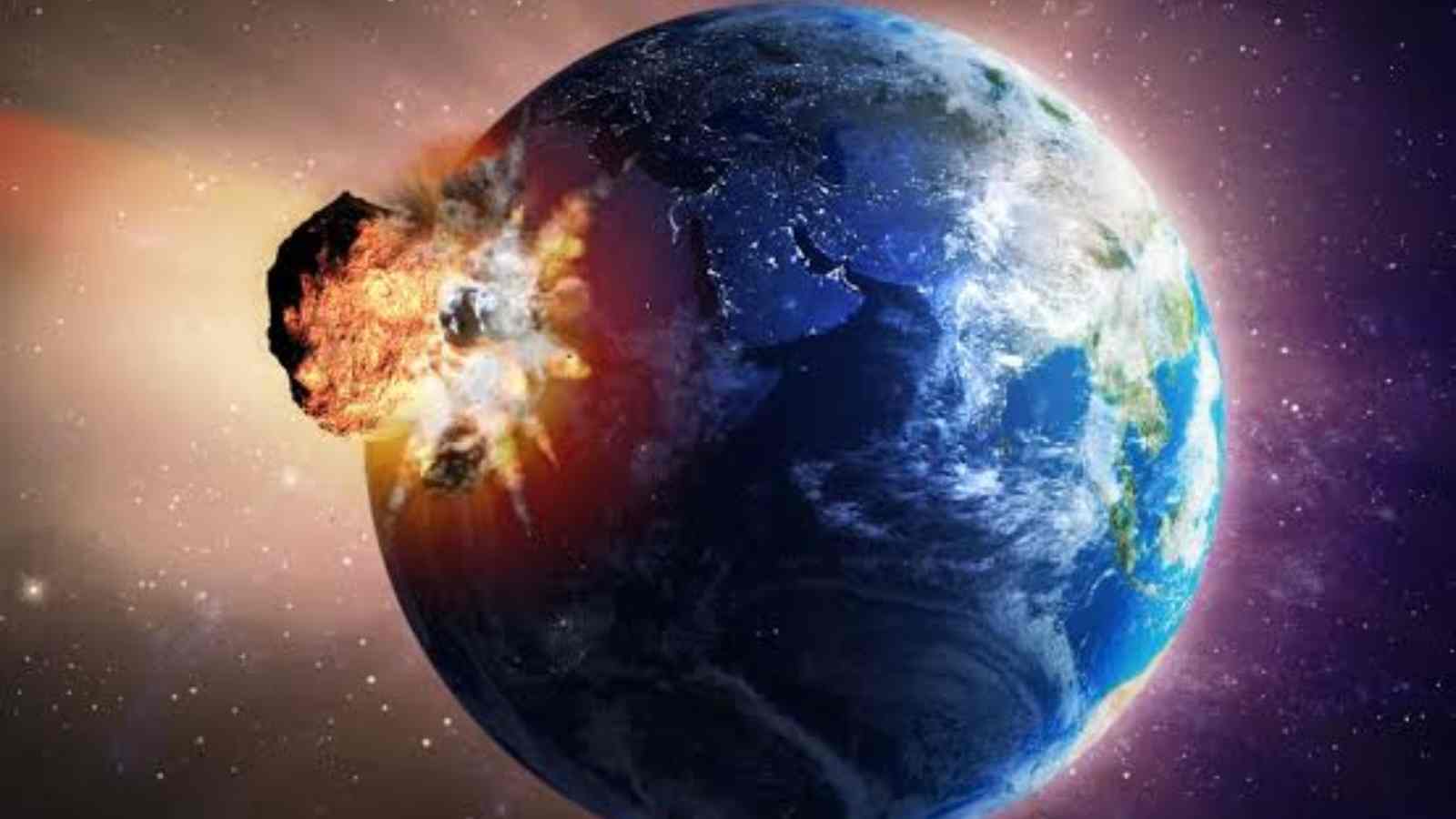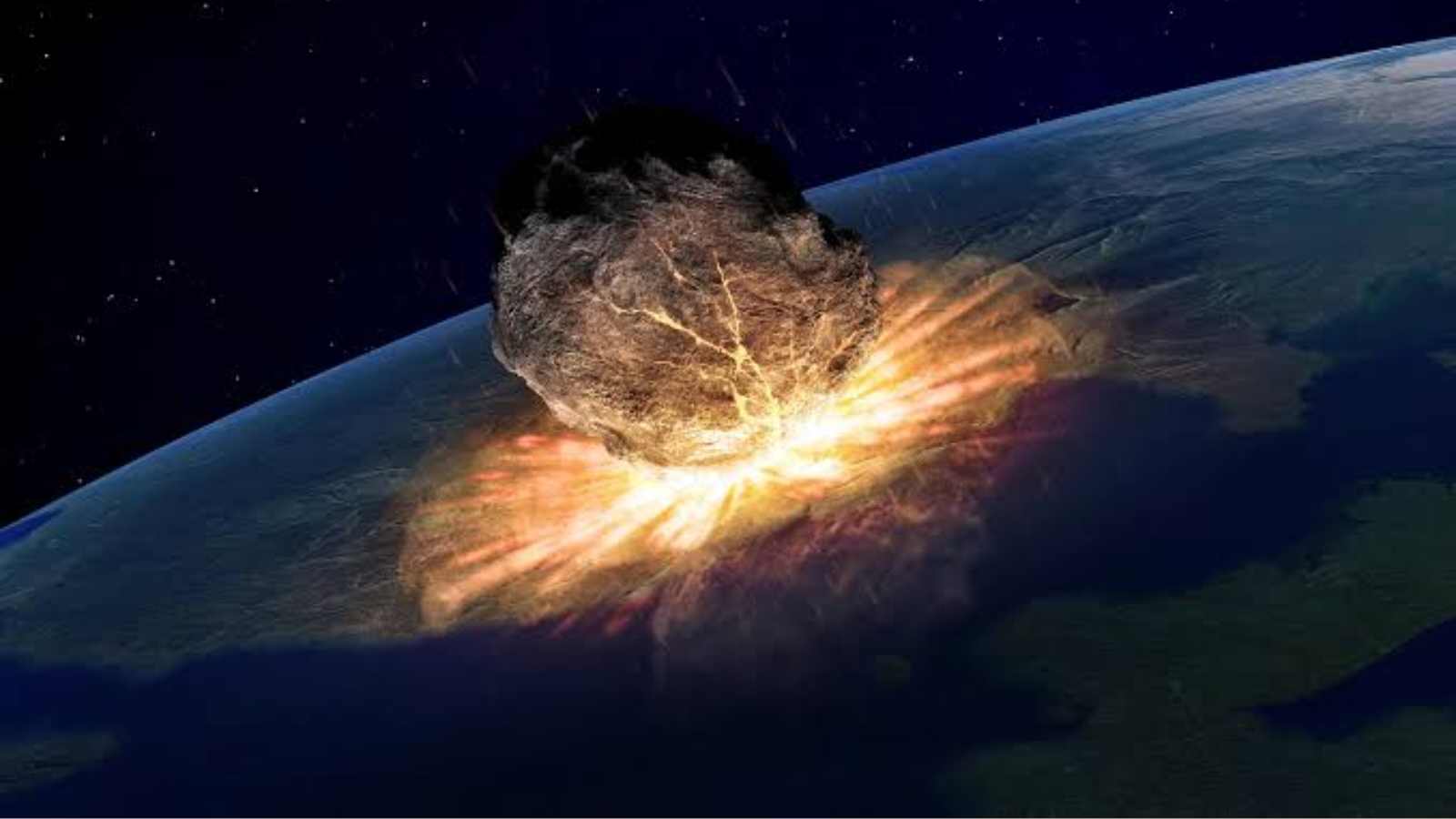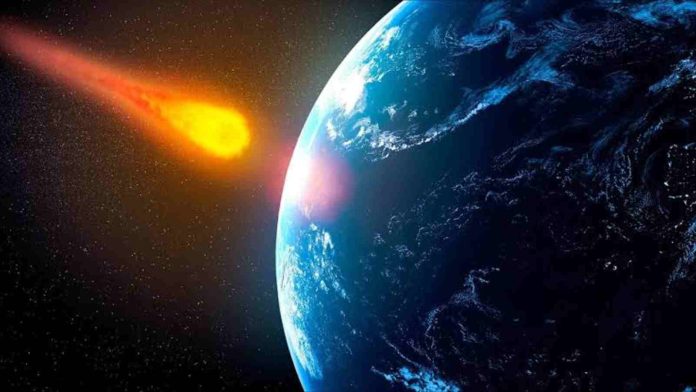Our mother Earth is in danger! Over the past 540 million years, Earth has lost most of its species over and over again. And, in a scientific way, the geological timespan of this huge loss is something to be worried about.
Yes, we are talking about mass extinction. Although this is nothing new, still a recent event shocked many scientists. A climate scientist at Tohoku University in Japan has shared that the next mass extinction event will equal that of the previous five. But, when will it happen?
Read More: Study Suggests “End Of Civilization” Is Just 18 Years Away
How Rising Temperature Has Damaged Earth

Most of the time, mass extinctions have resulted due to a drastic change in the climate. The reason might be extreme warming or extreme cooling which gets triggered by asteroids or volcanic activity. Kunio Kaiho’s effort to detail the stability of the average surface temperature of the Earth and the biodiversity of the planet led to a linear mathematical conclusion. The greater the temperature change, the greater the extent of extinction.
Recent studies informed that global cooling events led to the greatest mass extinction when temperatures fell by about 7°C. Whereas, for global warming events, the greatest mass extinctions occurred at roughly 9°C warming.
Previous scientific studies suggested a temperature of 5.2°C would lead to major mass extinction, on par with the previous ‘big five’. But the recent studies’ conclusions are even more severe. Just for the reference, the curse of modern global warming is on the rise. It will increase the surface temperature by as much as 4.4°C.
“The 9°C global warming will not appear in the Anthropocene at least till 2500 under the worst scenario,” Kaiho predicted.
Most Of The Species We Know Could Be Lost Soon

About 250 million years ago, Earth witnessed the most crucial mass extinction that led to the loss of nearly 95 percent of the known species. But that took almost 60,000 years to occur. Well, all thanks to human emissions of fossil fuel that accelerated the extinction rate to such an extent.
There are complete chances that more species will die in Earth’s sixth extinction, not just because the magnitude of warming is so great, but because of the sudden and drastic change which will be pretty hard to adapt to.
“Prediction of the future anthropogenic extinction magnitude using only surface temperature is difficult because the causes of the anthropogenic extinction differ from causes of mass extinctions in geologic time,” Kaihu admitted.
Read More: A New Study Proves Association Of Regular Napping Can Lead To Severe Health Conditions
Read More: New Study Claims Depression Is Not Caused By Chemical Imbalance, Contradicting Earlier Beliefs
Do follow us on: Google News | Facebook | Instagram | Twitter





